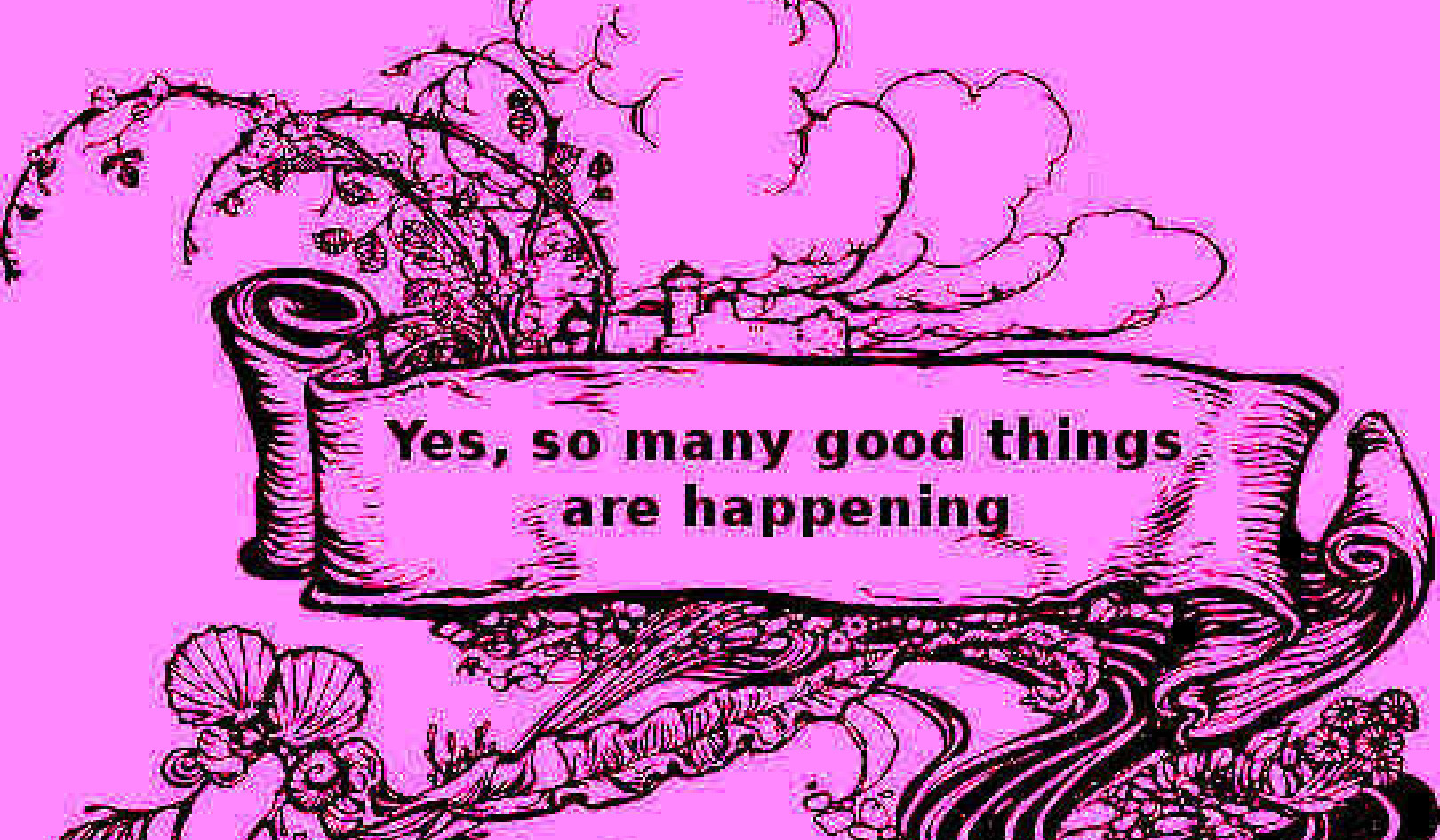Memories are a crucial part of what makes us who we are. Yet we all know it can become more difficult to remember things as we get older. From forgetting why you came into a room, to not being able to recall details of a special family event, to forgetting familiar names.
Forgetting things can even be a way of defining old age. Many people will cry something along the lines of “oh my goodness, I’m getting old” when they can’t remember something that had previously been easy to recall.
This forgetfulness as we get older is easy to demonstrate but harder to explain. An obvious explanation might be that remembering things becomes difficult because something changes in the brain that makes it more difficult to store information.
But a paper published recently in the journal Trends in Cognitive Sciences has presented an alternative explanation for this phenomenon: that our memories remain good, but they get cluttered as we age.
First, it’s important to understand that memory isn’t an accurate recording of life as it happens. Imagine if you remembered every single detail of every minute of every hour of every day. It would be overwhelming, and most of the information you remembered would be fairly pointless.
If you’re remembering what you had for breakfast this morning, is it relevant to be able to remember the shape of the cloud you could see outside the window, or the number of times you blinked while you ate? Instead, we attend to different parts of our environment, and the attention we pay to different parts of our experience shapes our memory.
Reviewing the evidence
The authors of this new study reviewed a range of evidence on this topic. They suggest that instead of a difficulty in storing memories, poorer memory as we get older is a result of being less able to focus our attention on relevant target information, meaning we put too much information into our memory. This is not something we have any control over – it just seems to be a natural consequence of ageing.
Why would focusing on too much information make us worse at remembering it? Think of something you do every day in the same way, like brushing your teeth. You can probably remember whether you brushed your teeth this morning, but can you really remember the difference between the time you brushed your teeth this morning, and the time you brushed them yesterday? Or the day before that? Situations like brushing your teeth are hard to remember as individual events because they have so much in common. They are therefore easy to confuse.
Events which are distinct from one another are more memorable. The less events overlap in terms of their content, the less chance there is to confuse one event for another, or mix up what happened in those different events. For example, it’s easy to remember what happened when you took the dog for a walk and what happened when you went swimming separately. They’re highly unlikely to be confused because they share so little in common.
So, if older people are less focused when they put things into their memories, then their memories will be “cluttered” with information that doesn’t matter. This clutter means there will be more chance for information from one memory to overlap with information from another. This in turn means there will be more chance for memories to be confused with one another, making it harder to remember what happened.
A previous study, which was included in the review, shows this theory in action. An older and a younger group were shown two types of objects (faces and scenes) and told which type of object they would be tested on. The older adults exhibited higher levels of brain activity when they were shown the irrelevant objects later on. Further, the more brain activity they demonstrated in response to these irrelevant objects, the poorer their memory for the objects they were trying to remember.
The review found that not only do older adults add clutter to their memory by taking in too much information from the environment, but they also accumulate information from knowledge gained over many years. This means older people have more material to navigate when trying to access a memory, which can compound the errors we make in memory as we age.
But the news isn’t all bad
According to the researchers, evidence suggests that older people demonstrate preserved, and at times enhanced, creativity as a result of their “enriched memories”.
When we are faced with a novel problem, sometimes we need to come up with a creative solution. This can involve bringing together bits of knowledge we have that may not be obviously connected, or remembering similar (though not identical) previous experiences which might be relevant.
The “clutter” in an older person’s memory might be a strength in this process. Being able to make connections between apparently unrelated memories could allow them to find creative solutions to problems by drawing on a much bigger range of experience.
So perhaps we can stop seeing ageing and the inevitable memory decline that comes with it as only a bad thing.![]()
About The Author
Alexander Easton, Professor of Psychology, Durham University
This article is republished from The Conversation under a Creative Commons license. Read the original article.
Books on Improving Performance from Amazon's Best Sellers list
"Peak: Secrets from the New Science of Expertise"
by Anders Ericsson and Robert Pool
In this book, the authors draw on their research in the field of expertise to provide insights into how anyone can improve their performance in any area of life. The book offers practical strategies for developing skills and achieving mastery, with a focus on deliberate practice and feedback.
Click for more info or to order
"Atomic Habits: An Easy & Proven Way to Build Good Habits & Break Bad Ones"
by James Clear
This book offers practical strategies for building good habits and breaking bad ones, with a focus on small changes that can lead to big results. The book draws on scientific research and real-world examples to provide actionable advice for anyone looking to improve their habits and achieve success.
Click for more info or to order
"Mindset: The New Psychology of Success"
by Carol S. Dweck
In this book, Carol Dweck explores the concept of mindset and how it can impact our performance and success in life. The book offers insights into the difference between a fixed mindset and a growth mindset, and provides practical strategies for developing a growth mindset and achieving greater success.
Click for more info or to order
"The Power of Habit: Why We Do What We Do in Life and Business"
by Charles Duhigg
In this book, Charles Duhigg explores the science behind habit formation and how it can be used to improve our performance in all areas of life. The book offers practical strategies for developing good habits, breaking bad ones, and creating lasting change.
Click for more info or to order
"Smarter Faster Better: The Secrets of Being Productive in Life and Business"
by Charles Duhigg
In this book, Charles Duhigg explores the science of productivity and how it can be used to improve our performance in all areas of life. The book draws on real-world examples and research to provide practical advice for achieving greater productivity and success.

























